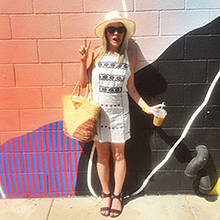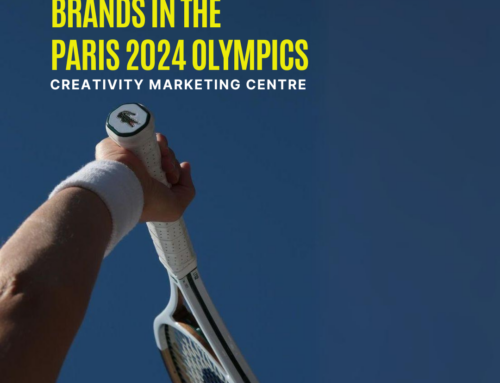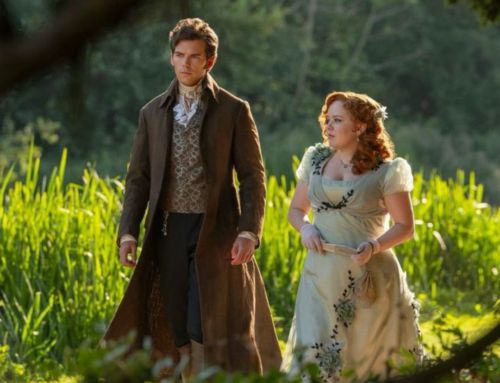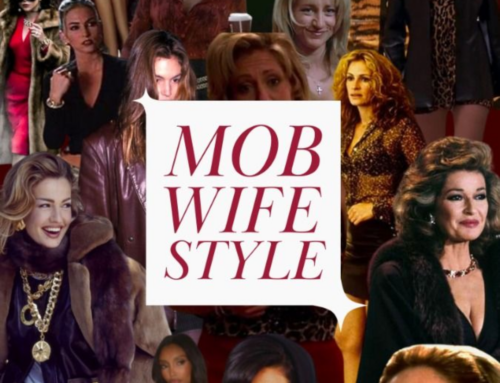Career Spotlight: MSc in Marketing & Creativity Alumna, Nicole Stokman

Nicole Stokman, MSc in Marketing & Creativity Class of 2011, describes how she has moved from traditional advertising to creative marketing since finishing the programme.
Where are you now?
 I’m actually in a bit of a transition! I’m about to leave 180LA, a marketing and advertising agency, for Greenlight Media and Marketing. I’m excited for this move because it will bring me closer to my passion: working with musicians and really getting to put my creativity out there.
I’m actually in a bit of a transition! I’m about to leave 180LA, a marketing and advertising agency, for Greenlight Media and Marketing. I’m excited for this move because it will bring me closer to my passion: working with musicians and really getting to put my creativity out there.
Tell us a bit about your path since studying the MSc in Marketing & Creativity?
Since graduating, I’ve been at a couple of advertising agencies, always in the same type of role but with increasing responsibility. The first agency I worked at is TBWA\Chiat\Day, where I stayed for about three years. There, I worked on brands like Southwest Airlines, P&G brands, and PepsiCo. Working on 360 campaigns that included TV, digital, social, print, etc. I then moved to 180LA, where I stayed for about 18 months. I’ve absolutely loved working here; the environment and my colleagues are great. I’ve also worked on a campaign with HP that I’m particularly proud of, helping launch their newest product, Sprout, an immersive computer designed for the creative type.
Both these agencies fall more in the traditional advertising bracket. While, of course, these days every single advertising campaign goes beyond just TV, I have been focusing primarily on film-based campaigns. I’m excited for my next career move which will require me to think a bit more out of the box, bringing me closer to what I learned at ESCP Business School.
Tell us a bit more about your role at these agencies.
I’ve been working as an account manager or brand manager (same role, different names). As an account manager, my main role has been to ensure that all the different pieces of the campaign puzzle are coming together and reporting back to the client. While I’m not the primary strategist (that’s the role of the planners), I do work closely with them, so I have a hand in strategy as well. I also help to guide the creative to make sure it stays on brief and champion the work – always fighting to keep the best ideas alive.
Have you enjoyed been client-facing?
Yes. Although it was a challenge at first, I do like it now. It has taught me how to work with people, difficult people a lot of the time, and how to give them what they want while still delivering work I am proud of. It can be a struggle, but it is rewarding, too, when you are successful.
Talk to me about a campaign you’ve worked on that you are particularly proud of and that got you thinking creatively.
I worked on HP’s Sprout, the world’s first immersive computer. Everything is in one desktop, with a touchscreen, 10-point touch mat, scanning/3D scanning, and 3D printing software. The campaign was all about promoting how this product helps people rediscover their creative spark. We were bringing to light how Sprout helps bring their physical creative ideas into the digital world, while also helping to streamline the creative process. We worked on a 360 campaign involving many elements. My favourite was the TV spot titled ‘Jane’, which follows the story of a creative little girl as she moves through life and ends up in a corporate job. There, she lacks the creative stimulation she so desperately needs and becomes distanced from the creative soul she once was. Sprout helps her reconnect with her creativity in the end. The ad was a success – it got many small wins in the advertising industry, ad of the day, ad of the week etc.
Despite you working for a “traditional” agency, in today’s world, we always need to think about linking advertising activity digitally. How have you seen this throughout your career?
As previously mentioned, most of the stuff that we do is film-based and falls under the traditional advertising bracket. That said, we incorporate digital elements into our campaigns depending on the client and their target market. For instance, if we are targeting millennials, we will probably work with digital influencers to get the content out there. We might consider working with them to create mini ads that will reach our audiences on their own channels versus the TV. On top of that, we typically create digital films for each of our clients, which are used in digital paid media or as rich media banners. For most campaigns, we also devise a social calendar to follow the campaign launch and support it with more digital content.
What drives you at work?
Working with creative people is really what keeps bringing me back to the office. Advertising is not an easy industry. You work long hours, you must push hard for your ideas, you work through new creative and production challenges all the time and you really don’t get to turn off that often. But even with all that there is something about the hard work and the creative that comes out of it that keeps you going. I honestly don’t think I could ever work in as lower-paced industry – I would be bored! And I would miss being able to come into work everyday and being a part of a team that create; the process is fun.
What’s the best advice you ever been given?
I really believe it’s so important to find something you really love to do. This may sound cheesy, but it’s true. You spend a lot of time in the office and some weeks can get pretty hectic (I work up to 12-14 hour days sometimes). If I didn’t care about what I was doing or didn’t get excited about the outcome, than I’d probably be pretty miserable!
So tell us a bit more about this next step in your career…
I’ve always been passionate about the music world and always thought I wanted to get into music marketing. This next step is a way to bring me back to that passion. I’m going to be working with musicians to create content for brands at an agency called Greenlight Media and Marketing, an independent agency. We’ll be organising concerts and other experiential campaigns with these artists to promote brands. It’s a more creative approach not relying strictly on traditional media outlets. I wanted to move into a direction where I was creating content that would have long-lasting effects on audiences. Traditional advertising can get a bit mundane. Some commercials are memorable, but more people are likely to remember a concert than a commercial!
Is there a key lesson you’ve learned in the past five years that you’d like to share? Is there something you would have done differently?
Honestly, I don’t think I would do anything differently. I am a firm believer that you learn something from every experience, even if it’s a not such a great one. I would say just be true to yourself and what you want. Don’t stay in a job you know you won’t want to be doing in five years. Keep learning and always try and stay positive: people notice.
How did the content of the MSc in Marketing & Creativity influence your various jobs?
The programme taught me how to use creativity to make decisions. I like to joke that my job now is basically finding solutions to anything that might come up.
But beyond that the MMK was crucial in introducing me to the world of marketing in general. Before the programme, I didn’t realise all that was out there. There are so many roles and cool companies out there that I had no idea about. It opened up the various sectors that exist for creative marketers (advertising, branding, strategy, digital, etc), and also what brands these days are at the forefront when it comes to creativity marketing.
Curious about how ESCP Business School and its Marketing and Creativity programmes helped Nicole apply her life experience to her job successfully? Find out more:





